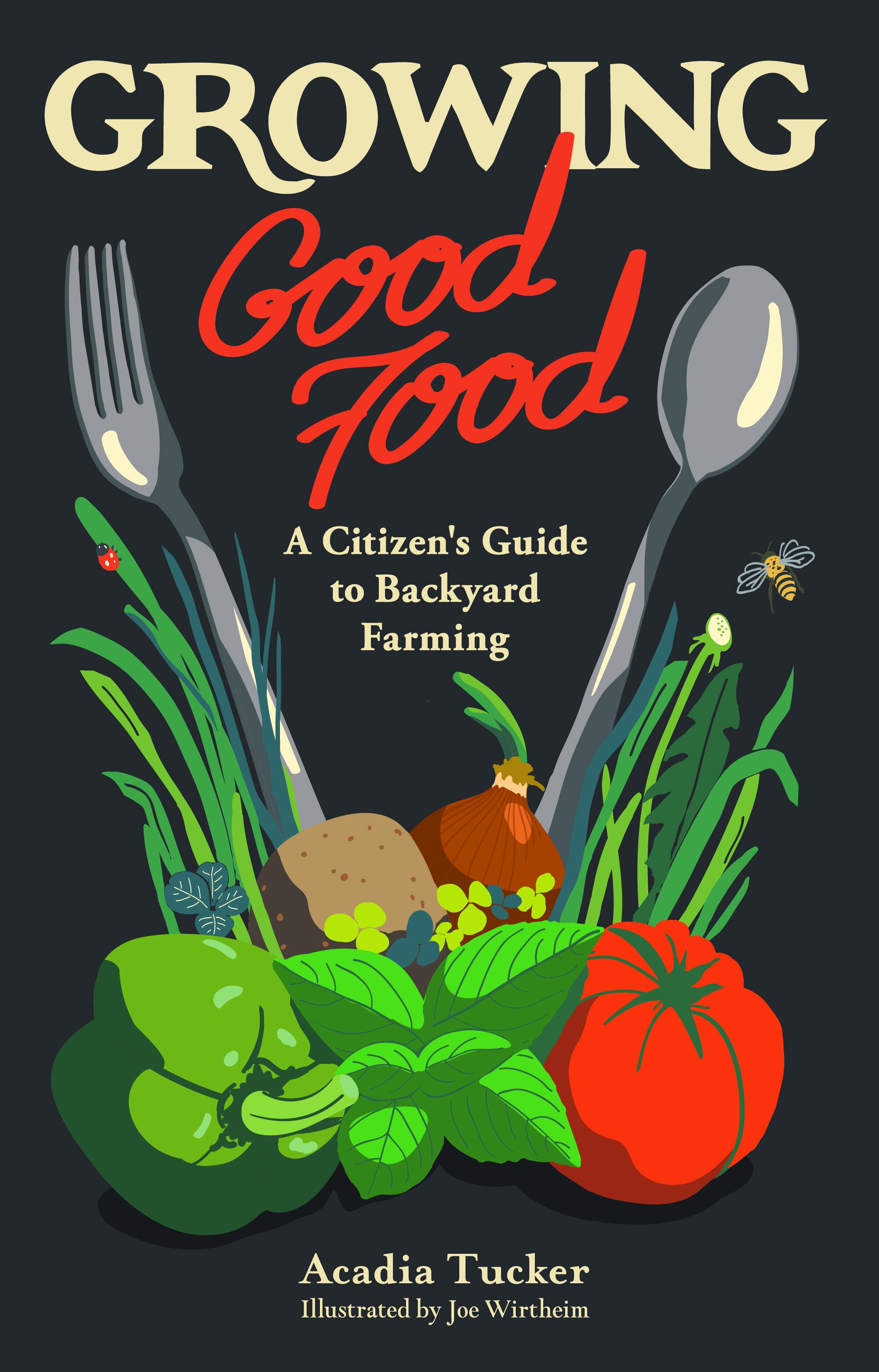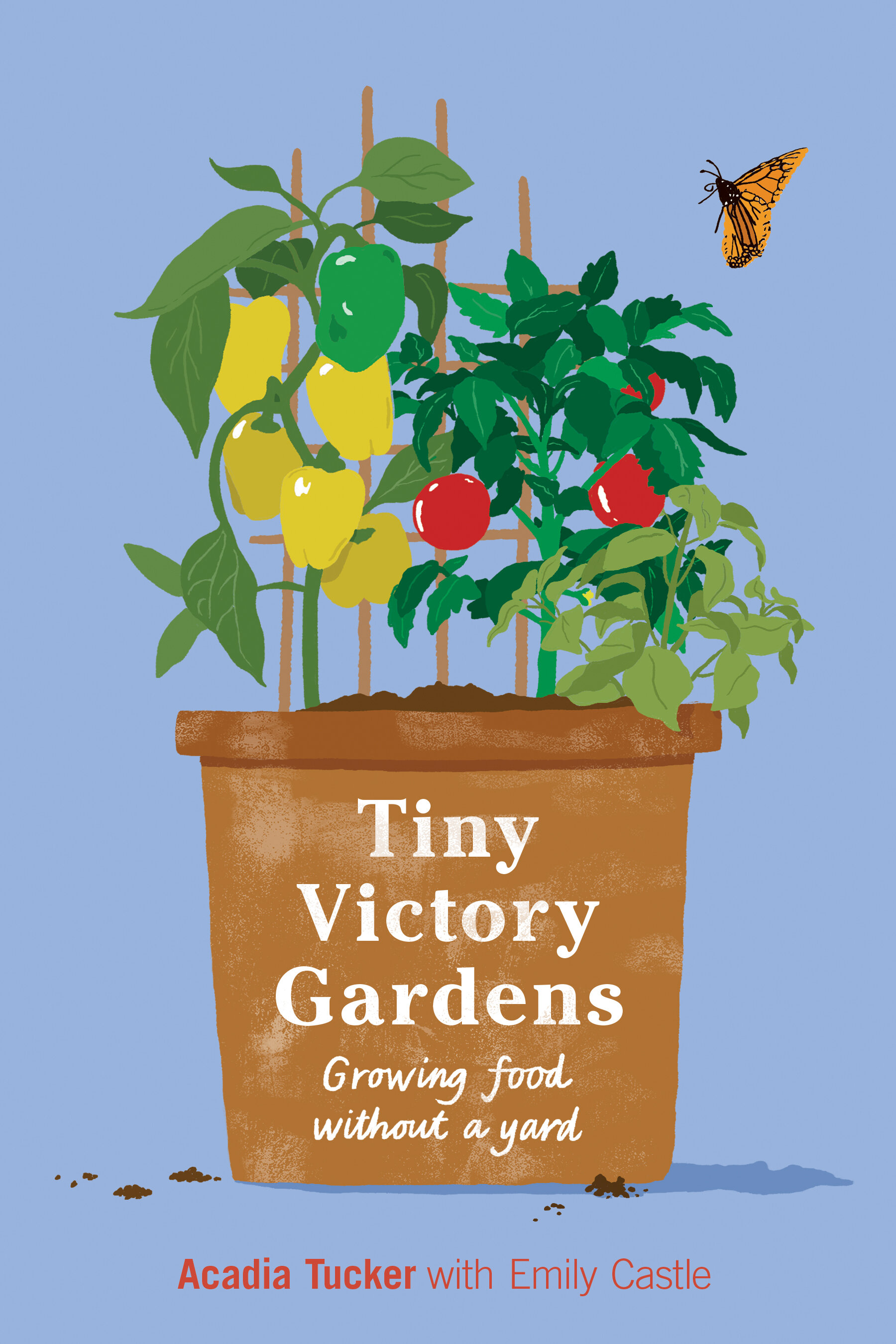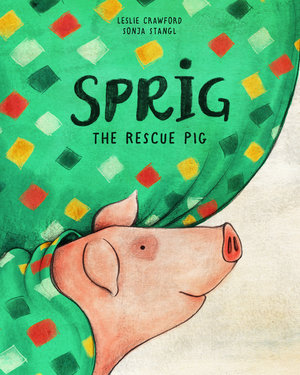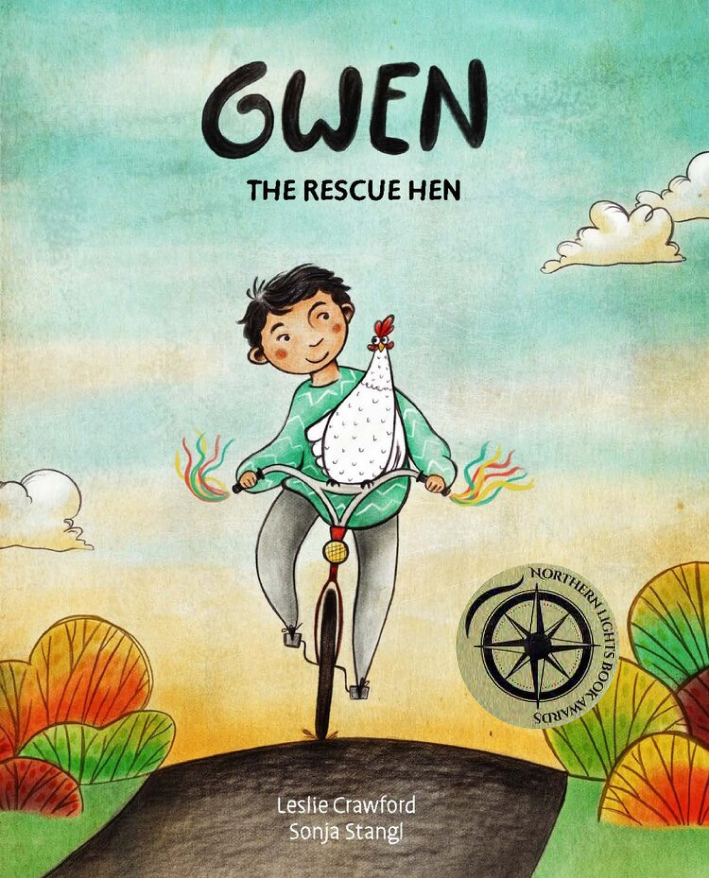In this Texas town, locals are making sure the kids love their vegetables
The Texas Center for Local Food is an Elgin, Texas-based nonprofit that seeks to strengthen the local food system by making vegetables available, and appealing. (Photo source: Texas Center for Local Food)
For a typical second-grader, the idea of eating fresh broccoli would likely be met with a sour-looking expression and emphatic yuck. But for the Elgin, Texas students who participate in Farm to Kids Texas, opening their weekly vegetable boxes is [almost] as thrilling as unwrapping gifts on Christmas morning, says Susan Beckwith, the Executive Director of the Texas Center for Local Food (TCLF), a nonprofit that oversees Farm to Kids Texas, which delivers kale, carrots, and other vegetables to many local families.
“They see real carrots with legs and hairs and it’s just this cool thing.”
“They’re used to seeing stubby little ‘baby’ carrots that aren’t,” she says. “Then they see real carrots with legs and hairs and it’s just this cool thing. They love it.”
Beckwith is on a mission to make eating local vegetables a more frequent occurrence in Elgin, a small rural town of about 10,000 people located 30 miles east of Austin. Known as the sausage-making capital of Texas, the community faces serious food security and health issues. One out of five children under 18 lives in poverty, and 42 percent of adults suffer from obesity.
After receiving the boxes, students and their families cook meals together with recipes provided by the Texas Center for Local Food. (Photo source: TCLF)
To address these challenges, and expand the demand for local food, the Growers Alliance of Central Texas, an ambitious group of family farmers in the Austin area, founded the Texas Center for Local Food (TCLF) in 2016. They chose Beckwith, who once ran an organic egg farm and had project management experience with the city of Austin, to lead the program.
The TCLF works with farmers, public schools, universities, businesses, and the city government to help strengthen local foodways. Its many initiatives include innovative projects like working with the University of Texas at Arlington to improve delivery logistics for family farms, and serving as the statewide partner for the national farmers market coalition.
One of its signature projects is Farm to Kids Texas, a K-6th-grade curriculum that invests in the next generation of local eaters—which is how I learned about Beckwith’s work.
The World’s Best Egg Farm at Coyote Creek employs the “backyard method” of raising chickens. The birds live outside, foraging for insects and eating organic feed. (Photo source: Coyote Creek Farms)
Three months ago, Beckwith called Stone Pier Press to order several hundred copies of Gwen the Rescue Hen, which follows the life of a hen from an egg-laying factory to the bird-friendly backyard of her new friend, a boy named Mateo. (For those interested, she’s sprung from the farm by a tornado.)
Beckwith filmed her partner, Jules Assata, a farmer and educator of more than 20 years, reading the book from a hen house, and then shared the video with students, who read along from their own copies. Later, the kids were all treated to a tour of the World’s Best Egg Farm at Coyote Creek, the certified organic egg farm Beckwith spent nearly ten years managing.
“I loved being able to share the reality of chicken farming with the kids on a level that they can understand and appreciate,” says Kacey Jones, who works with the Elgin school district as a site coordinator. Nancy Holland, another site coordinator, “Iiked that it shows the impact that kindness and compassion can make.”
For Beckwith, it was another opportunity to help kids think more expansively about food. “This book does a good job of opening up the conversation about how the animals who provide our food live their lives,” she says.
For an outsider, the thought of a program that promotes vegetables finding support in meat-loving central Texas might be surprising. But Beckwith says the importance of a robust local food policy is among the few issues on which liberals and conservatives can agree. No one objects to the importance of eating more vegetables, she says. In the Texas state legislature, there’s even a bipartisan farm to table foods caucus.
The Farm to Kids programs enjoys support from farmers, teachers, and local residents. “If everyone just spent $10 a week at their local farmers market,” says Beckwith, “it could add millions in revenue.” (Photo source: Texas Center for Local Food)
The program is an important way to support local farmers. “If everyone just spent $10 a week at their local farmers market,” says Beckwith, “it could add millions in revenue.” It’s also well-received by teachers and administrators in a school district where 80 percent of students qualify for free or reduced lunch. Says Beckwith, “healthier kids learn better.”
“It’s not that our food is too expensive. It’s that their food is too cheap.”
Beckwith believes that to build a truly sustainable food system, more towns need to take steps to localize their food systems—starting by changing the conversation about local food. Too often, we put unfair pressure on local, sustainable producers to make their food cheaper and more accessible, says Beckwith, while we excuse the harmful practices of large, industrial producers. “It’s not that our food is too expensive,” says Beckwith, “it’s that their food is too cheap.”
There’s a saying around the Texas Center for Local Food that guides everything they do: one town, one team, one family. They know we all share an important, intimate connection with food and that the best way to build a better food system is to transcend our differences and work together.
The organization is a shining example of how hard work and collaboration can bring about meaningful change. In a world where we often seem so bitterly divided against one another, perhaps we could all stand to think a little bit more like these local food champions, deep in the heart of Texas.
Jared Kent is an associate editor and a professional chef aspiring to be a good food activist.












